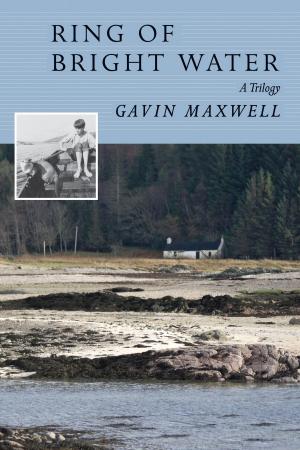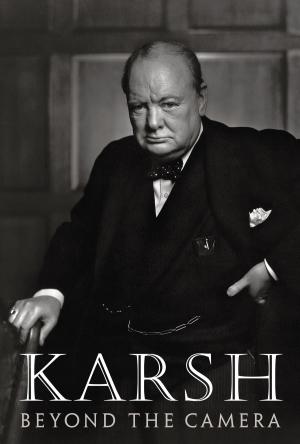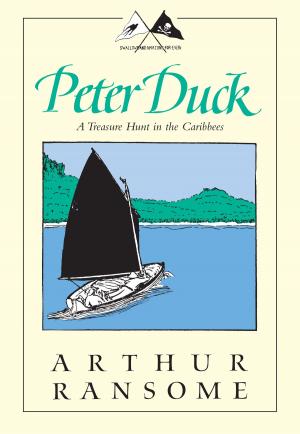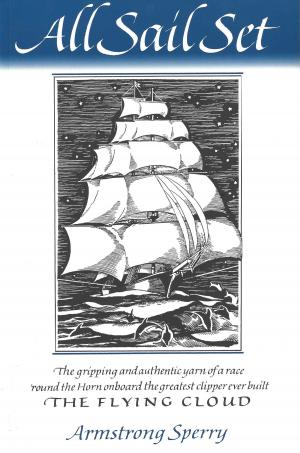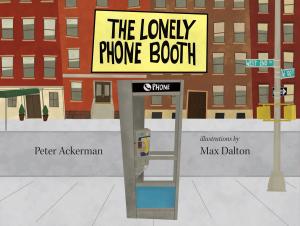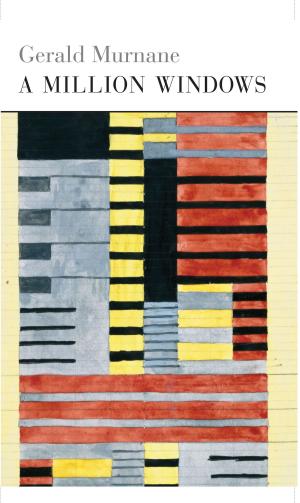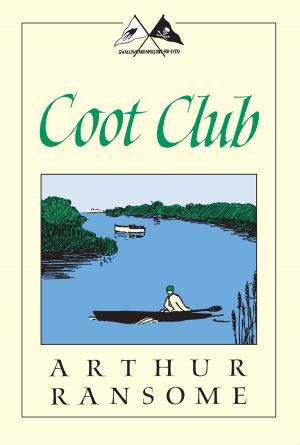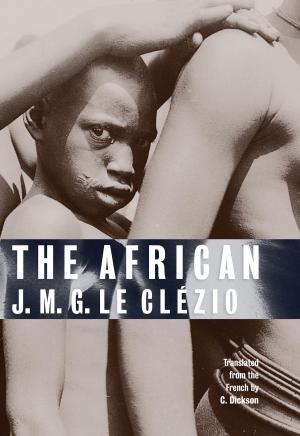| Author: | J.M.G. Le Clézio | ISBN: | 9781567924442 |
| Publisher: | David R. Godine, Publisher | Publication: | December 10, 2012 |
| Imprint: | David R. Godine, Publisher | Language: | English |
| Author: | J.M.G. Le Clézio |
| ISBN: | 9781567924442 |
| Publisher: | David R. Godine, Publisher |
| Publication: | December 10, 2012 |
| Imprint: | David R. Godine, Publisher |
| Language: | English |
The Swedish Academy, in awarding J.M.G. Le Clézio the 2008 Nobel Prize in Literature, praised Desert as Le Clézio's "definitive breakthrough as a novelist." Published in France in 1980, Desert received the Grand Prix Paul Morand from the Académie Française, was translated into twenty-three languages, and quickly proved to be a best-selling novel in many countries around the world. Available for the first time in English translation, Desert is a novel composed of two alternating narratives, set in counterpoint. The first takes place in the desert between 1909 and 1912 and evokes the migration of a young adolescent boy, Nour, and his people, the Blue Men, notorious warriors of the desert. Driven from their lands by French colonial soldiers, Nour's tribe has come to the valley of the Saguiet El Hamra to seek the aid of the great spiritual leader known as Water of the Eyes. The religious chief sends them out from the holy city of Smara into the desert to travel still further. Spurred on by thirst, hunger, and suffering, Nour's tribe and others flee northward in the hopes of finding a land that can harbor them at last. The second narrative relates the contemporary story of Lalla, a descendant of the Blue Men. Though she is an orphan living in a shantytown known as the Project near a coastal city in Morocco, the blood of her proud, obstinate tribe runs in her veins. All too soon, Lalla must flee to escape a forced marriage with an older, wealthy man. She travels to France, undergoing many trials there, from working as a hotel maid to becoming a highly-paid fashion model, and yet she never betrays the blood of her ancestors.
The Swedish Academy, in awarding J.M.G. Le Clézio the 2008 Nobel Prize in Literature, praised Desert as Le Clézio's "definitive breakthrough as a novelist." Published in France in 1980, Desert received the Grand Prix Paul Morand from the Académie Française, was translated into twenty-three languages, and quickly proved to be a best-selling novel in many countries around the world. Available for the first time in English translation, Desert is a novel composed of two alternating narratives, set in counterpoint. The first takes place in the desert between 1909 and 1912 and evokes the migration of a young adolescent boy, Nour, and his people, the Blue Men, notorious warriors of the desert. Driven from their lands by French colonial soldiers, Nour's tribe has come to the valley of the Saguiet El Hamra to seek the aid of the great spiritual leader known as Water of the Eyes. The religious chief sends them out from the holy city of Smara into the desert to travel still further. Spurred on by thirst, hunger, and suffering, Nour's tribe and others flee northward in the hopes of finding a land that can harbor them at last. The second narrative relates the contemporary story of Lalla, a descendant of the Blue Men. Though she is an orphan living in a shantytown known as the Project near a coastal city in Morocco, the blood of her proud, obstinate tribe runs in her veins. All too soon, Lalla must flee to escape a forced marriage with an older, wealthy man. She travels to France, undergoing many trials there, from working as a hotel maid to becoming a highly-paid fashion model, and yet she never betrays the blood of her ancestors.

